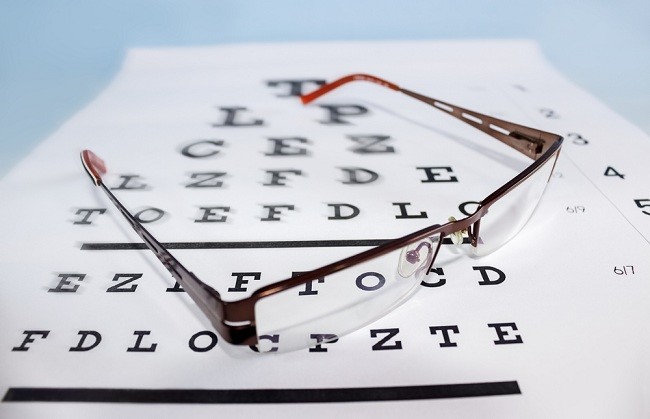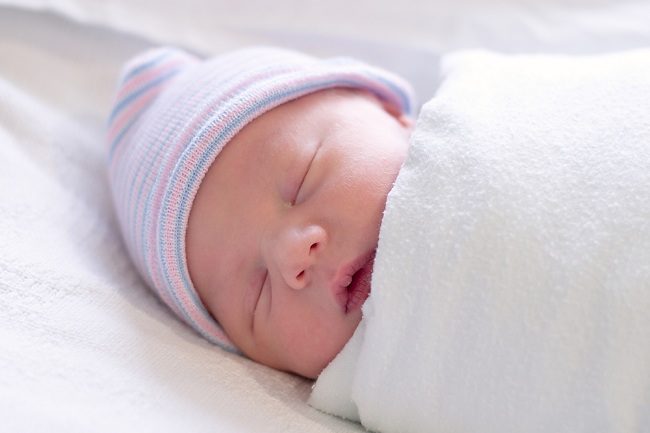Pregnant women, have you ever experienced hot and burning chest? If so, maybe pregnant women are experiencing heartburn. Although it feels uncomfortable, sometimes even worrying, this condition is actually common in pregnancy, how come.
Hot and burning chest (heartburn) What pregnant women experience is generally the main symptom of rising stomach acid. Rising stomach acid is also often accompanied by other complaints, such as bloating, frequent belching, and nausea and vomiting.

Causes of Chest Feeling Hot and Burning During Pregnancy
Rising stomach acid that causes heartburn (heartburn) It often occurs in pregnant women due to various changes during pregnancy, including:
Hormonal changes
During pregnancy, the hormone progesterone will increase. One of its functions is to relax the uterine muscles to make room for the fetus to grow.
Now, Indirectly, the increase in this hormone also relaxes the closing valve muscles that connect the esophagus to the stomach. This condition causes the acid content that should remain in the stomach to be easy to move up into the esophagus.
When this happens, irritating stomach acid will cause a sensation of burning and burning in the chest or heartburn. These complaints can begin to be felt since the first trimester of pregnancy.
Fetal growth
Entering the age of 6-7 months of pregnancy, the potential for discomfort in the pregnant woman's chest will be higher. This is because the size of the fetus is getting bigger.
In addition to making the solar plexus area feel uncomfortable and congested, the increase in the size of the fetus will also put pressure on the pregnant woman's stomach, making it easier for stomach acid to rise. When stomach acid rises into the esophagus, the chest feels hot and burning.
Acid reflux during pregnancy is also more likely if you have had this condition before or have been pregnant before.
Tips for Overcoming and Preventing Chest Feeling Hot and Burning During Pregnancy
To relieve this uncomfortable situation, pregnant women can try the following steps:
- Eat yogurt or drink a glass of warm milk. The addition of honey in milk can also be done to help relieve this condition.
- Avoid foods that can trigger stomach acid, such as acidic foods, spicy foods, fatty foods (especially fried or oily dishes), caffeinated drinks, and carbonated drinks (soda).
- Eat small portions but often. For example, eat one half serving, but increase the frequency of eating to 5-6 times a day.
- Sit up straight while eating and after, so that the stomach is not too stressed.
- Avoid lying down immediately after eating. It is recommended to eat at least 3 hours before bedtime. Lying down with your stomach full of food can make it easier for stomach acid to rise up into your esophagus.
- Sleep with your head higher than your chest and stomach. Pregnant women can support the shoulder to head area with an extra pillow. This method aims to prevent stomach acid from rising into the esophagus.
Complaints of chest heat and burning during pregnancy is a common condition experienced by pregnant women. If pregnant women experience this, there is no need to panic, because these complaints can be reduced independently by adjusting their diet and body position, as described above.
However, if this complaint continues or even worsens, for example pregnant women find it difficult to swallow food, stomach or stomach pain, until weight loss occurs, consult a doctor. This is so that pregnant women can get recommendations for the right treatment, so that pregnancy can run more comfortably.









